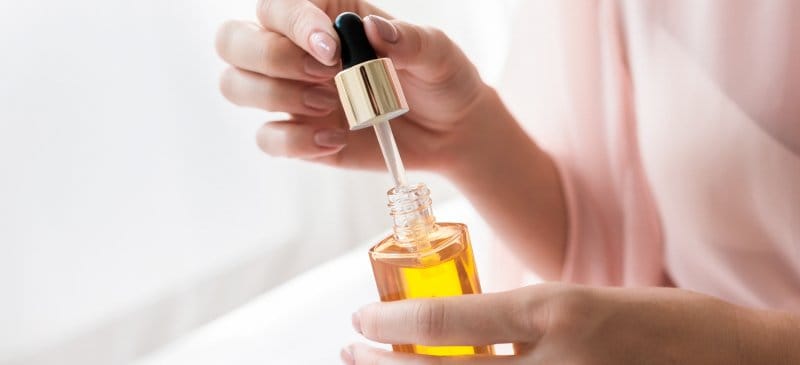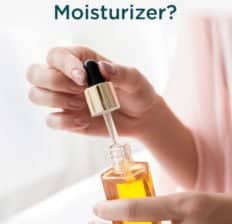This Dr. Axe content is medically reviewed or fact checked to ensure factually accurate information.
With strict editorial sourcing guidelines, we only link to academic research institutions, reputable media sites and, when research is available, medically peer-reviewed studies. Note that the numbers in parentheses (1, 2, etc.) are clickable links to these studies.
The information in our articles is NOT intended to replace a one-on-one relationship with a qualified health care professional and is not intended as medical advice.
This article is based on scientific evidence, written by experts and fact checked by our trained editorial staff. Note that the numbers in parentheses (1, 2, etc.) are clickable links to medically peer-reviewed studies.
Our team includes licensed nutritionists and dietitians, certified health education specialists, as well as certified strength and conditioning specialists, personal trainers and corrective exercise specialists. Our team aims to be not only thorough with its research, but also objective and unbiased.
The information in our articles is NOT intended to replace a one-on-one relationship with a qualified health care professional and is not intended as medical advice.
What Is Caprylyl Glycol? (Plus Top Benefits and Uses for Skin)
July 14, 2021

If you check the ingredient list of some popular skin care products, you may see caprylyl glycol on the label. The term glycol tends to scare people a bit because there are other types of glycols that are potentially dangerous, but caprylyl glycol is a safe multitasker that serves as a natural preservative and moisturizer.
Like propanediol, this skin and body care ingredient is a favorite among formulators for its many uses and benefits.
What Is Caprylyl Glycol?
Caprylyl glycol is an ingredient used in skin care products as a moisturizer and preservative. It’s an alcohol that’s derived from caprylic acid, a saturated fatty acid that’s found in coconut oil, palm oil and cow’s milk.
Although the glycol occurs naturally, it’s also synthetically produced for its use in skin and body care formulas.
It’s colorless and has a very mild, sweet scent. Although it’s an alcohol, it’s not drying like witch hazel.
It’s used by formulators to improve the texture and spreadability of a product. It also works to smooth and hydrate skin.
It works as a safer alternative to some conventional preservative ingredients, such as parabens.
Caprylyl Glycol Benefits
1. Works as Natural Moisturizer
Caprylyl glycol works as a humectant (like glycerin), which means that it helps skin retain water and stay hydrated. That’s why the ingredient is often used in moisturizers and lotions.
It moisturizes the skin and serves as a barrier, locking water into the skin and preventing water loss.
2. Antimicrobial Agent
Caprylyl glycol has been found to have antimicrobial effects. This allows it to work as a natural preservative in skin care products.
Adding caprylyl glycol to skin and body care formulas fights the growth of bacteria, yeast and mold. This helps increase its shelf life and promotes freshness.
3. Reduces Signs of Aging
Because caprylyl glycol is an effective moisturizer that keeps the skin hydrated, it helps reduce signs of aging. As skin loses moisture with age, this causes sagging, wrinkles and fine lines.
4. Provides a Softer Complexion
When your cells are dehydrated, you end up with a dull appearance.
Hydrated skin has a smoother and softer appearance. This is another benefit of this skin care ingredient. It leaves you with dewy, plump and hydrated skin.
Not only does it improve the look and feel of your skin, but it works to improve the texture and consistency of products, too.
Risks and Side Effects
When you see the term “glycol,” you may remember warnings that propylene glycol is a potentially dangerous byproduct that’s added to antifreeze and some foods.
It’s true that some glycols may be dangerous and should not be used topically in any type of skin care product, but caprylyl glycol isn’t one of them. It’s considered safe for topical use and can be used safely in skin and body products.
Although it’s not considered a common sensitizer, it’s possible to have an adverse reaction to this alternative preservative. Some people may experience irritation after using products containing caprylyl glycol.
If you notice redness, burning, swelling and discomfort after applying a formula with this ingredient, stop using it immediately.
How to Use (Dosage)
Caprylyl glycol is used in skin care formulas, but it’s typically not the active ingredient. It’s used to provide better texture and consistency, to extend shelf life, and to help moisturize the skin.
You’ll find it in a range of products, including face moisturizers and masks.
When caprylyl glycol is used “behind the scenes” in formulas as a stabilizer or preservative, it’s typically used at 1 percent, especially in products that call for hand scooping or contain dispensers.
You wouldn’t go to a store a buy this ingredient by itself, so there’s no recommended dosage or individual usage instructions.
Conclusion
- What is caprylyl glycol? It’s an alcohol that’s derived from caprylic acid, a saturated fatty acid that’s found in coconut oil, palm oil and cow’s milk.
- This topical ingredient is often used by formulators to increase a product’s shelf life, as it has antimicrobial properties. It also improves the texture and consistency of a product.
- Not only is it useful for the consistency and stability of a formula, but it boasts benefits for the skin, too. It works as a moisturizer that locks water into the skin and cells, resulting in a hydrated, dewy and more youthful appearance.


